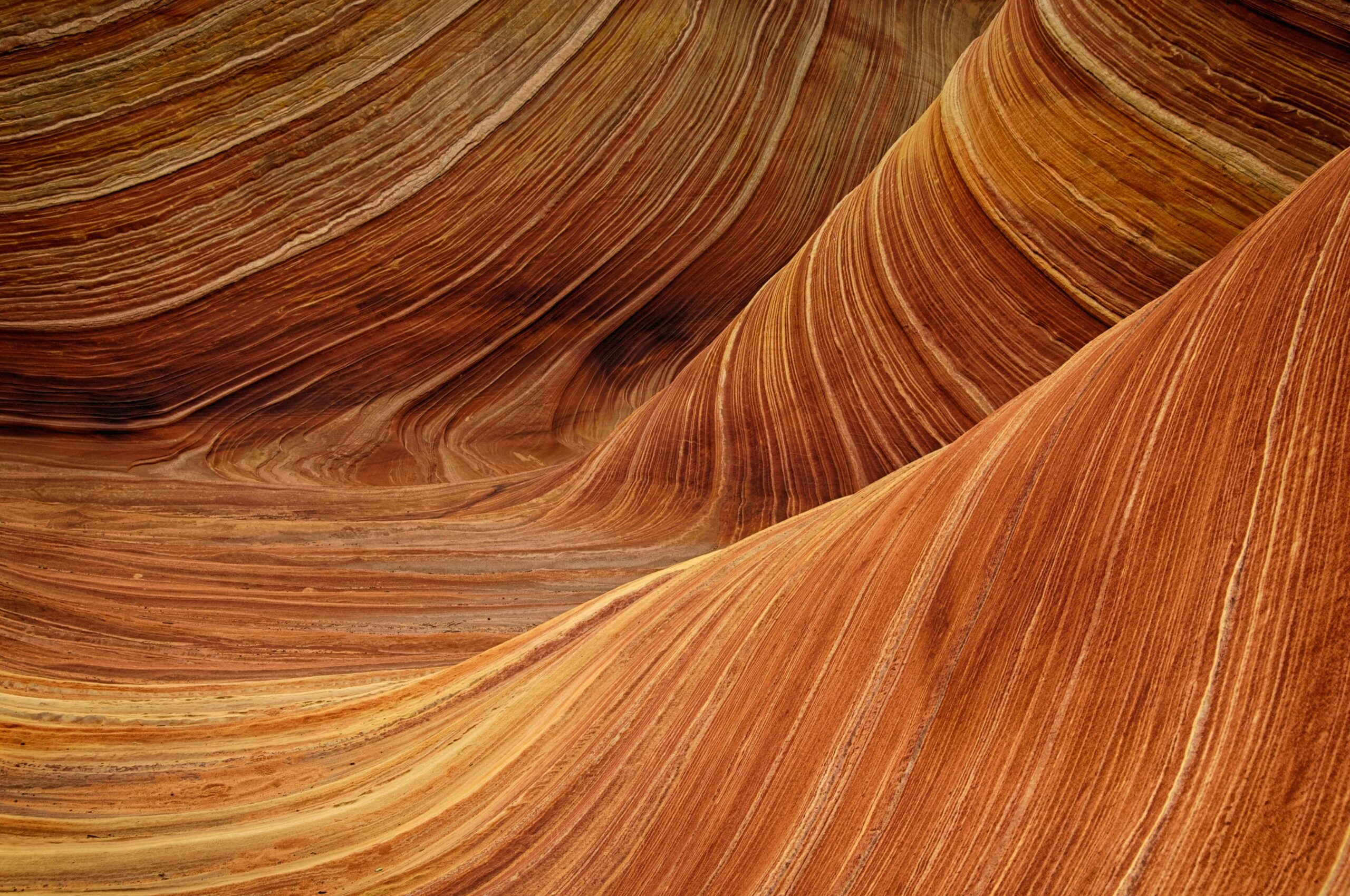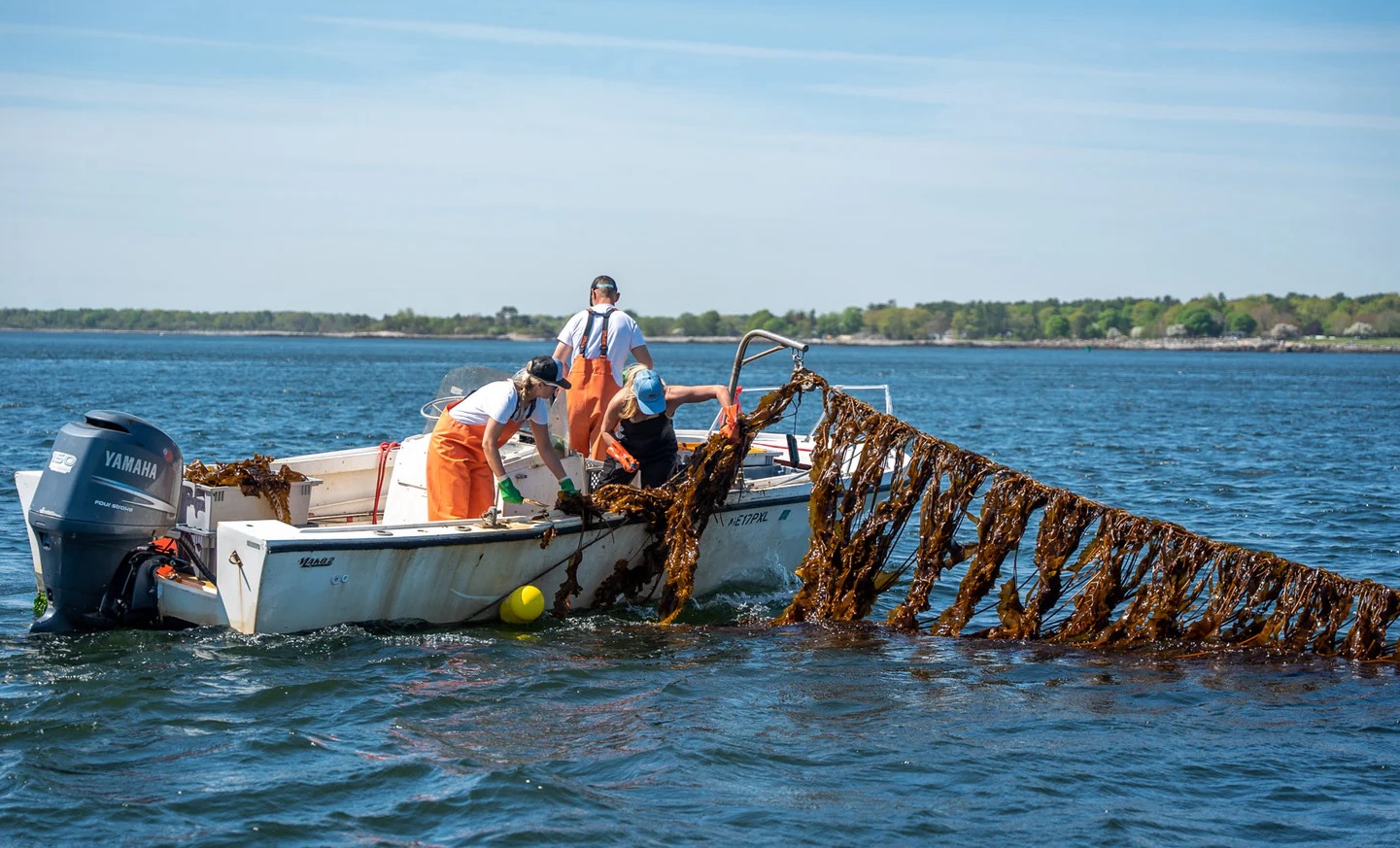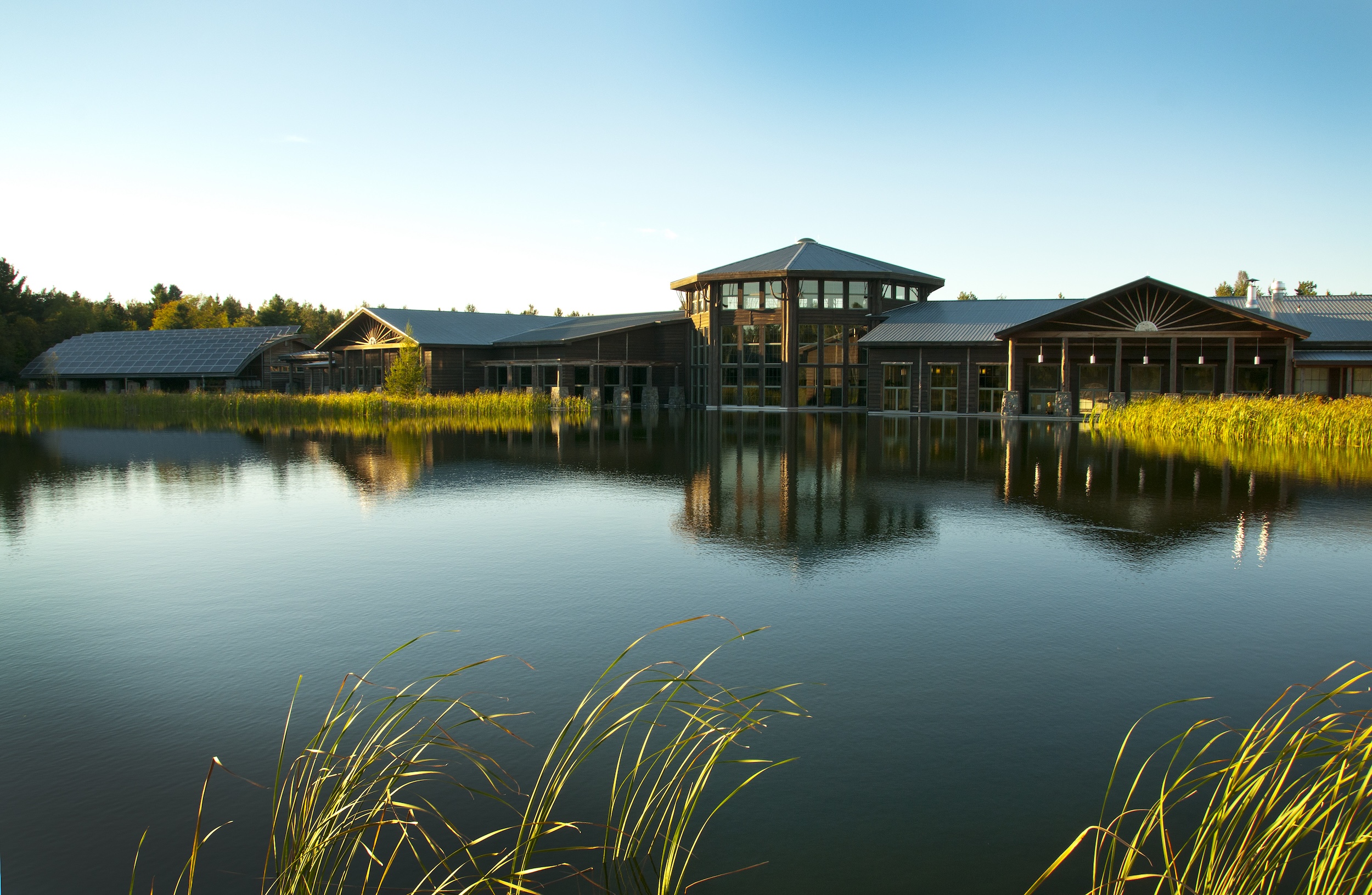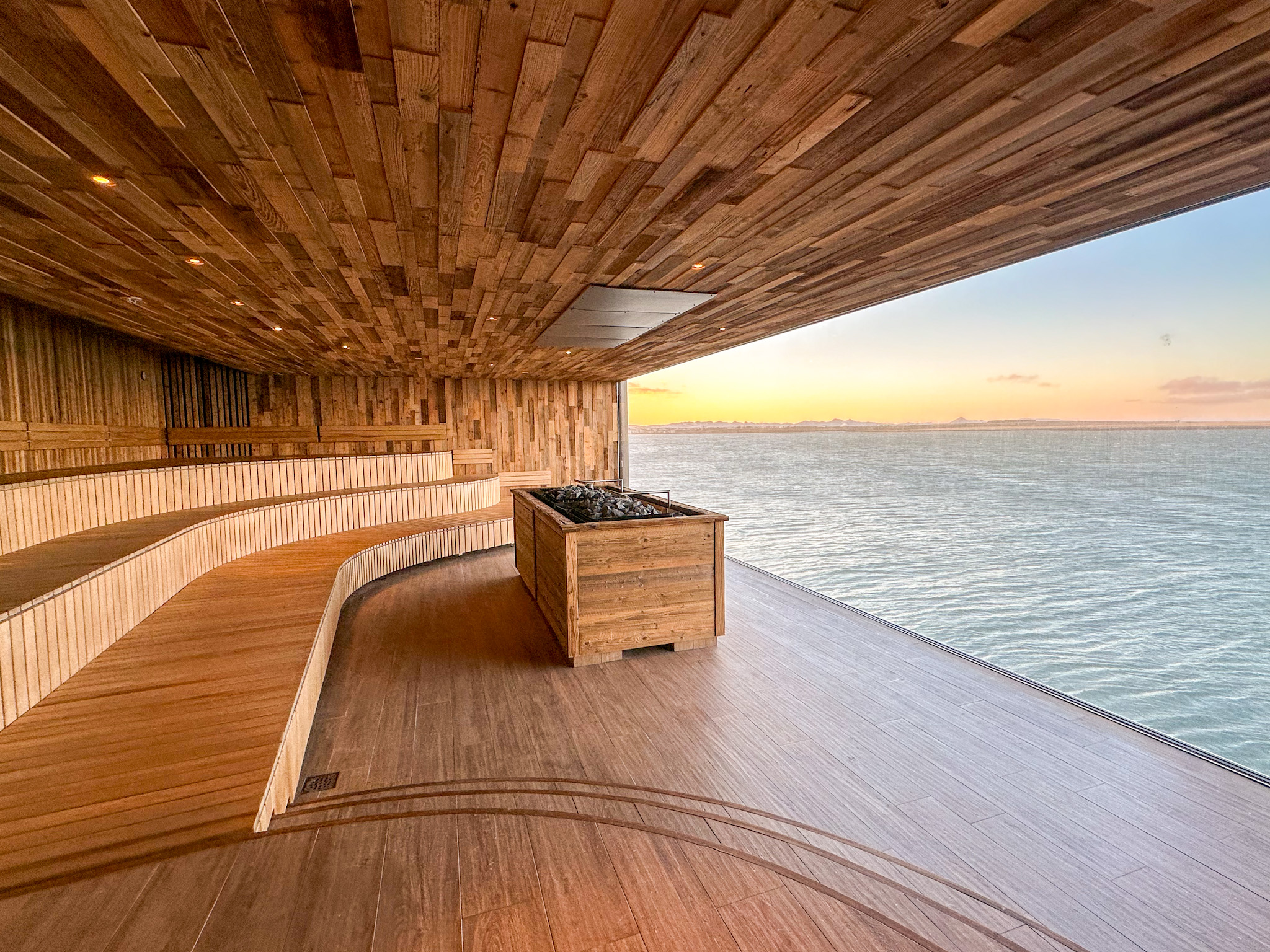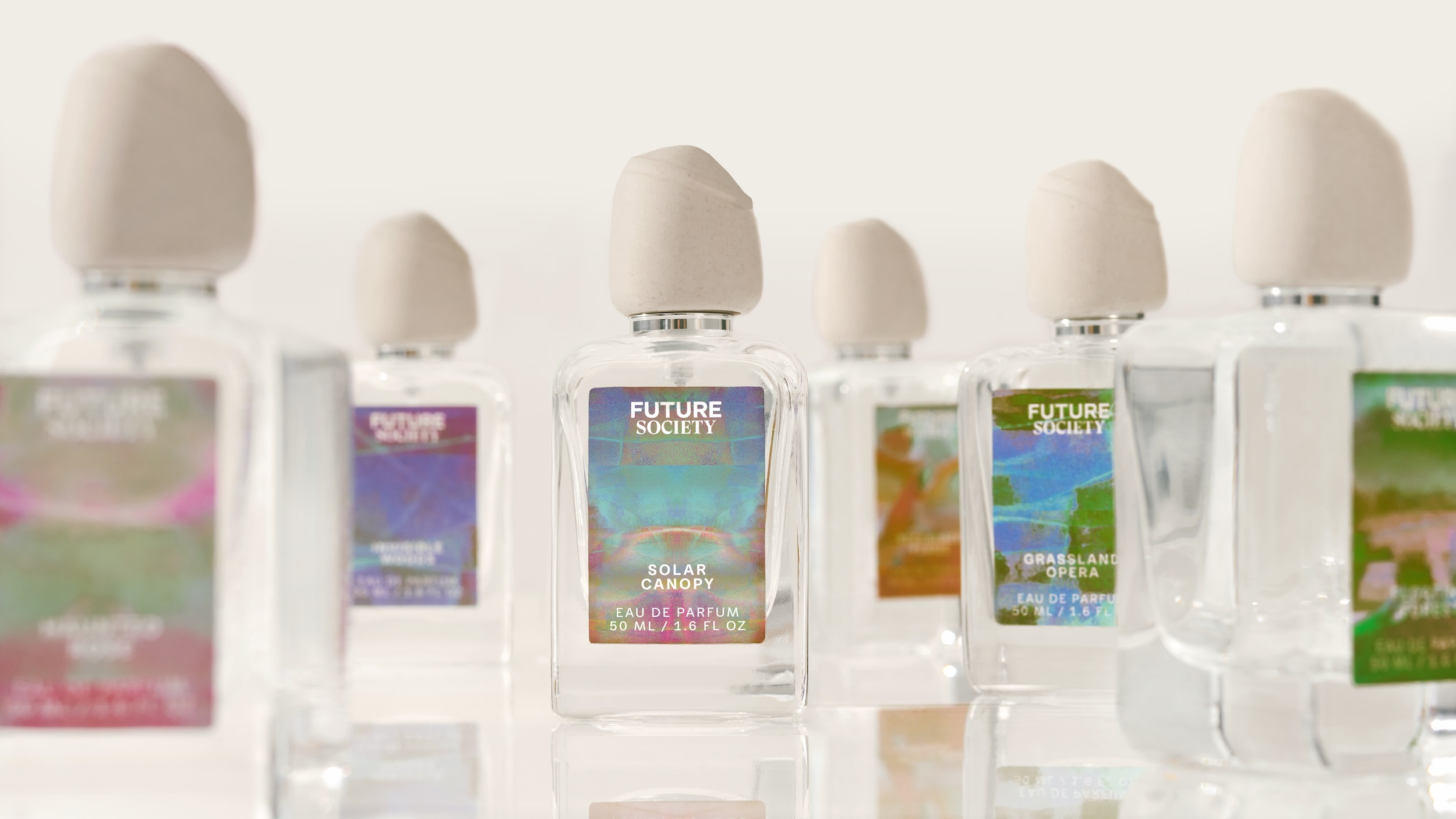“When we slow down and take in all our surroundings, it helps to lower stress and regulate our nervous system. Pulling out a phone or camera can take us out of that present moment and create distraction.”
In today’s digital age where social media influences every aspect of our life, traveling and photography have become almost inseparable. The urge to capture and share every moment, every scenic vista, and every delicious meal (sometimes instantaneously) is irresistible. In fact, some of the most popular hashtags mentions on Instagram are #photooftheday (1B), #photography (1B), #travel (685M) among others.
However, there is something to be said about travel and experiencing a place without taking any photos. And perhaps there is no one better suited to share thoughts about it than someone who takes photos for a living. As an award winning, internationally published photographer with over fifteen years’ experience, I live and breathe photos—so much so that I see the world in frames. I always travel with my camera but increasingly I find myself struggling to even take it out of my bag. Instead, an overwhelming need to simply observe and be present in the moment seems to be taking over.
Dr. Linda Henkel, a cognitive psychologist and professor of psychology at Fairfield University, is a leading scholar in memory research who advocates for immersive experiences that emphasize engagement over documentation. One of Dr. Henkel’s most influential research areas explores the impact of photography on memory. She challenges the belief that photographs serve as perfect mementos, capturing events exactly as they occurred. Her studies show that taking and viewing photos can sometimes distort people’s memories of their experiences.
“Despite the widespread changes in technology, the main function of taking photos remains unchanged: people take photos with the intention of using those photos to remember later,” Dr. Henkel said in a 2023 study conducted by Prospectus Global on behalf of Epson Europe. “However, photos can better do their job as memory aids when we look at them rather than just amass them on our phones. If we take photos merely as trophies to show off on social media, focusing our attention on how many comments and likes we get, we are less likely to remember details about our experiences.”
It is a radical yet profoundly enriching way to explore the world and here are a few reasons why it’s worth more than just a passing glance or a skeptical eye roll on your next travel adventure.
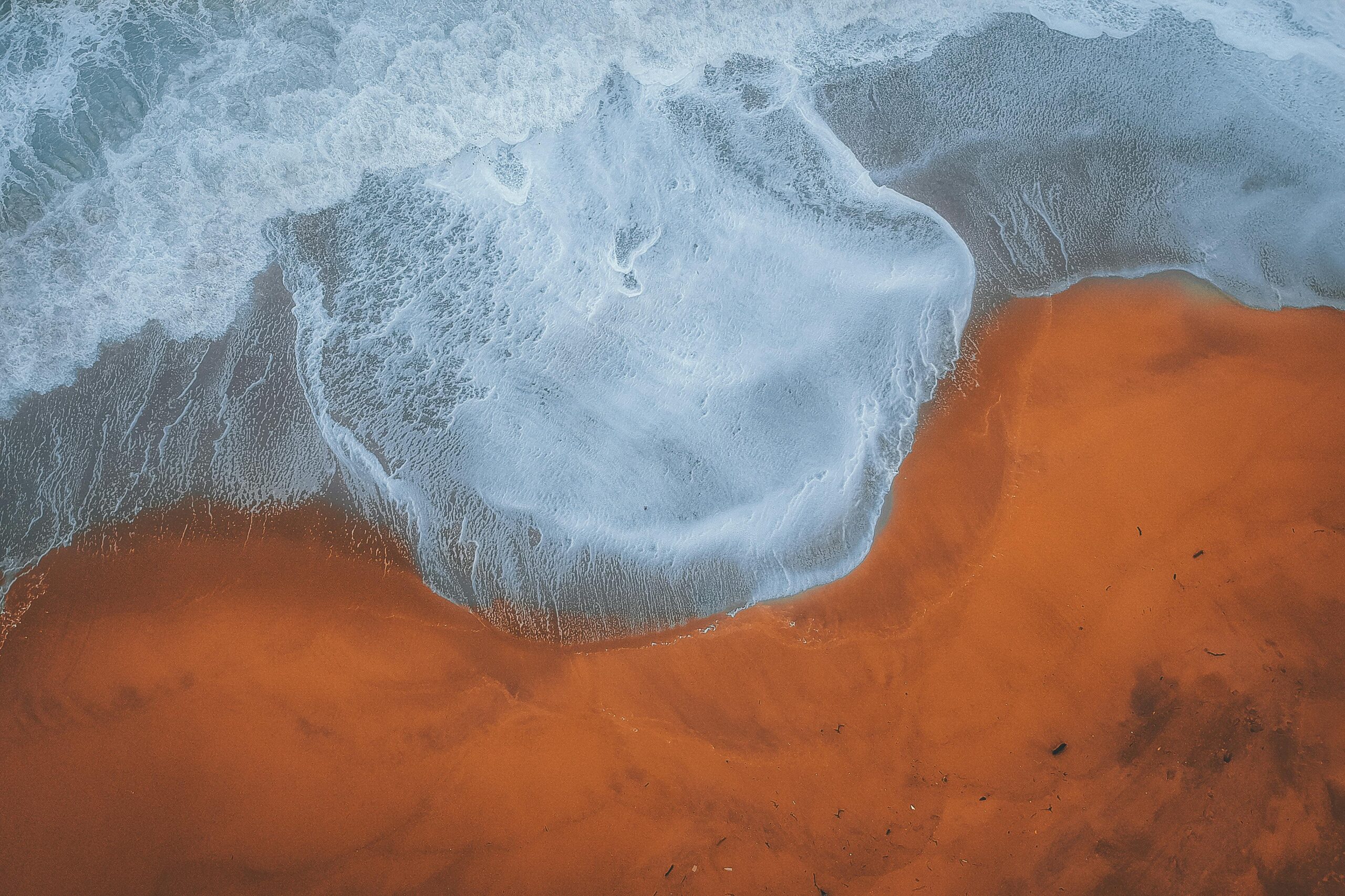
Courtesy of Pexels.
Embracing the Moment
Traveling without a camera lets us really connect with our surroundings. Without the distraction of trying to get the perfect shot, we start to notice the sights, sounds, and even smells all around us. We pick up on details we might usually miss, like the dappled light through the trees, the colorful patterns on buildings, the hum of a busy street, or the scent of flowers on the sidewalk. This heightened awareness makes our experiences more vivid and memorable.
Train the Brain
One of the biggest benefits of traveling without taking photos is how it enhances our memory and imagination. When we rely on photographs to remember our travels, we are, in some sense, outsourcing our memories to a device. By choosing not to take photos, we exercise our minds to retain and recall our experiences more vividly. “A mental snapshot lends a more robust memory that includes sounds, smells, temperature, and how we are feeling at the moment,” notes Abbey Sangmeister, a licensed professional counselor and coach from New Jersey. Remembering is now an active exercise, letting us relive our journeys in a more personal, creative, and meaningful way.
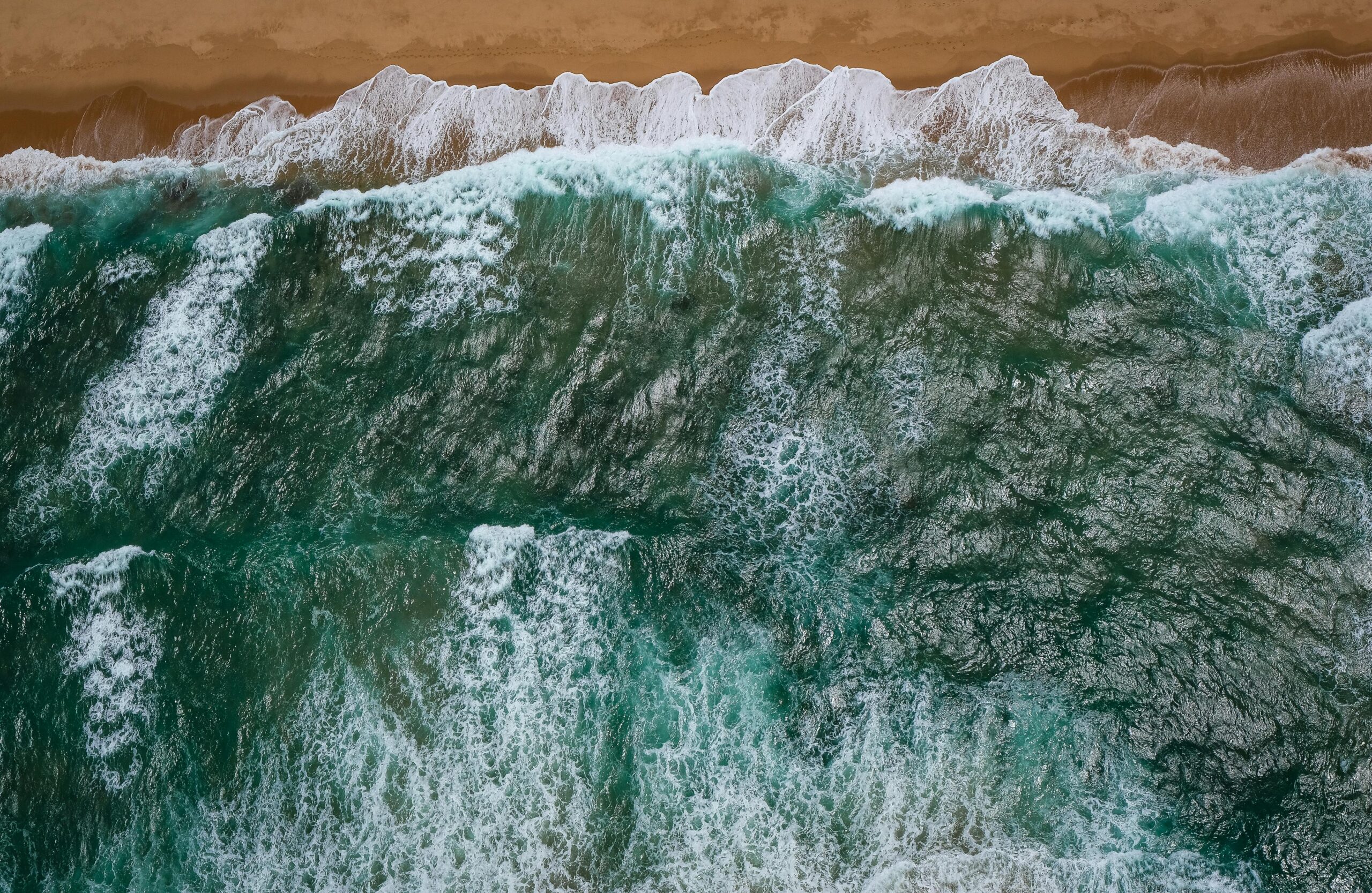
Courtesy of Pexels.
Build a Deeper Connection
Traveling without a camera can also lead to deeper connections with the people we meet. Without the barrier of a camera to hide behind, interactions become genuine and spontaneous. We’re more likely to engage in meaningful conversations, listen and share stories, and form lasting bonds. This approach fosters a sense of empathy and understanding, enriching travel and broadening perspectives.
Reduce FOMO and Stress
The constant pursuit of the perfect photo can sometimes detract from the enjoyment of travel. The pressure to document every moment and pursuit of a perfect frame prevent us from fully relaxing and savoring the experience. “When we slow down and take in all our surroundings, it helps to lower stress and regulate our nervous system,” adds Sangmeister. “Pulling out a phone or camera can take us out of that present moment and create distraction.” Without a device, we free ourselves from this pressure. We become more present, relaxed, and open to the joys of travel.
Encourage Responsible Tourism
Traveling without taking photos can also encourage more sustainable and responsible tourism. The desire to capture images can sometimes lead to harmful (and rude) behaviors, such as disturbing wildlife, trespassing on private property, contributing to overcrowding in popular destinations or vandalism. By focusing on experiences rather than images, we are more likely to respect the places and communities we visit.
Traveling without taking photos isn’t about rejecting technology or downplaying the value of visual documentation. Instead, it’s about embracing a mindful and immersive approach to travel. It’s about being fully present in the moment, engaging all our senses, and creating lasting memories that are deeply personal and meaningful.
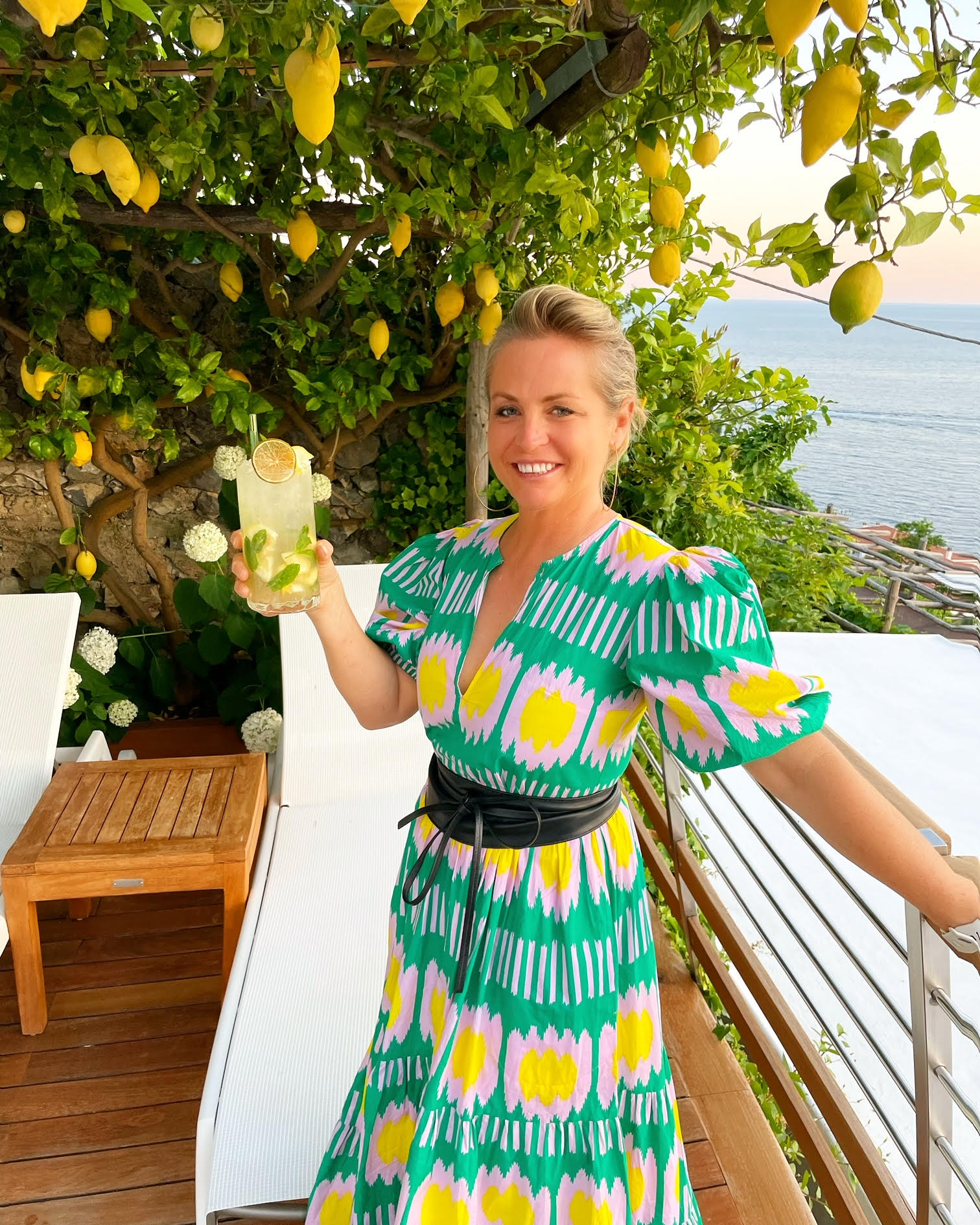
Founder and CEO of Azure Road, Lauren Mowery is a longtime wine, food, and travel writer. Mowery continues to serve on Decanter Magazine’s 12-strong US editorial team. Prior to joining Decanter, she spent five years as the travel editor at Wine Enthusiast. Mowery has earned accolades for her writing and photography, having contributed travel, drinks, food, and sustainability content to publications like Food & Wine, Forbes, Afar, The Independent, Saveur, Hemispheres, U.S. News & World Report, SCUBA Diving, Plate, Chef & Restaurant, Hotels Above Par, AAA, Fodors.com, Lonely Planet, USA Today, Men’s Journal, and Time Out, among others.
Pursuing her Master of Wine certification, she has also been a regular wine and spirits writer for Tasting Panel, Somm Journal, VinePair, Punch, and SevenFifty Daily. Mowery is a graduate of the University of Virginia and Fordham Law School, and she completed two wine harvests in South Africa.
Follow her on Instagram @AzureRoad and TikTok @AzureRoad


